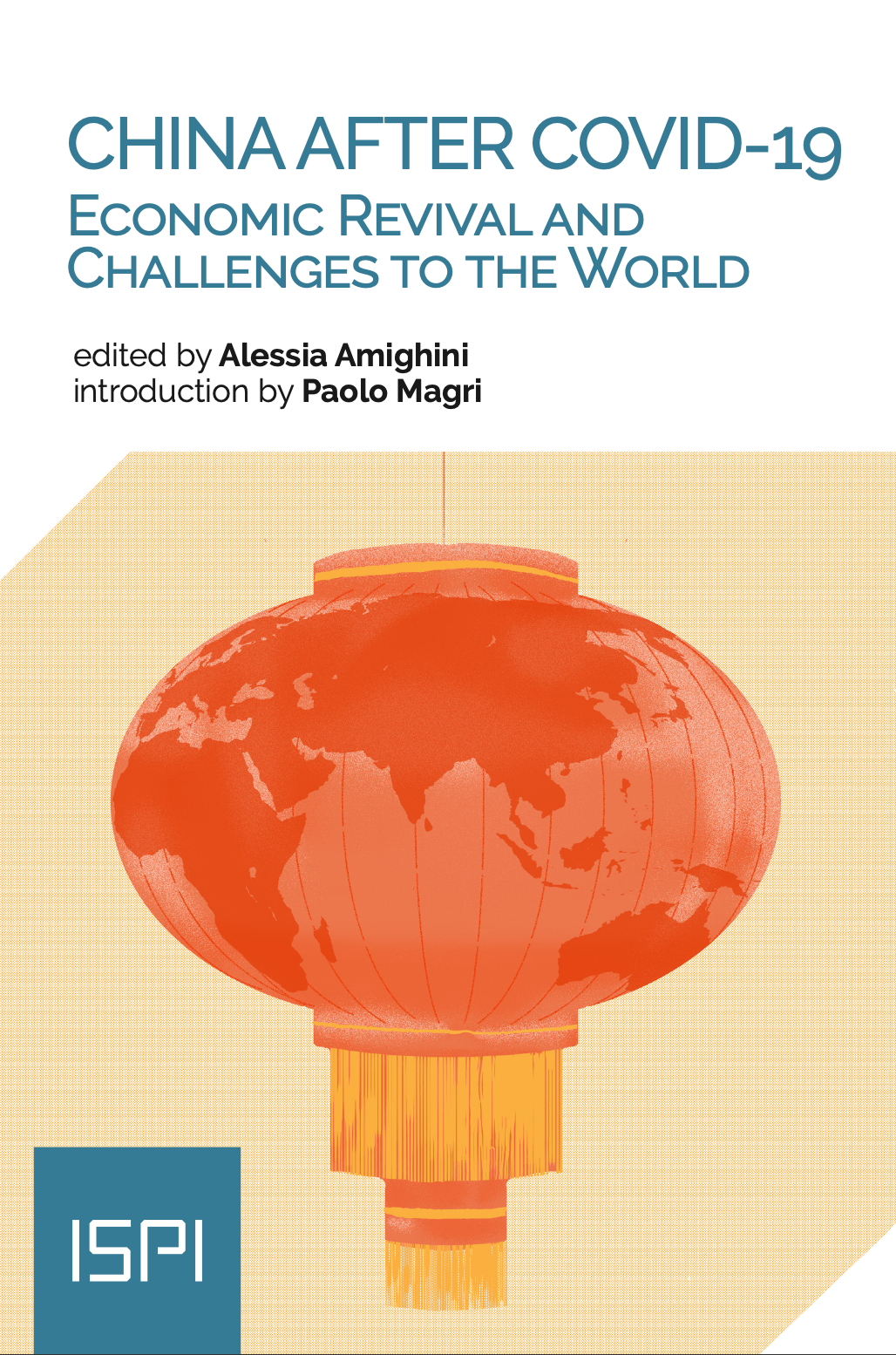Tyson Barker in chapter 7 focuses on the prospects of China’s Digital Silk Road, emphasizing the fact the health crisis has forced China’s digital strategy to focus increasingly on mergers and acquisitions, health, fintech and ICT training. He also points out the BRI is now heavily dependent on finance-intensive infrastructure projects as a consequence of economic slowdowns in partner countries.
“Like the US, China views technology as the necessary foundation of global power. Covid-19 has driven a reinvention of the DSR to focus more on M&A, health, fintech and digital services, and ICT adoption through domestic tech upgrades and new models of tech governance. The crisis has also helped to unwind the BRI’s dependency on finance-intensive infrastructure projects at a moment when BRI recipient countries are coming under strain from the Covid-19 economic slowdown.
But the shift to a tech-centric BRI bumps up against the priorities of China’s global competitors, particularly the United States, but increasingly the EU’s geopolitical Commission and key Member States. Like other actors, the EU is increasingly aware that it could get caught in the crossfire – forced to choose between access to the Chinese market or US technology."
You can download the whole chapter here.


